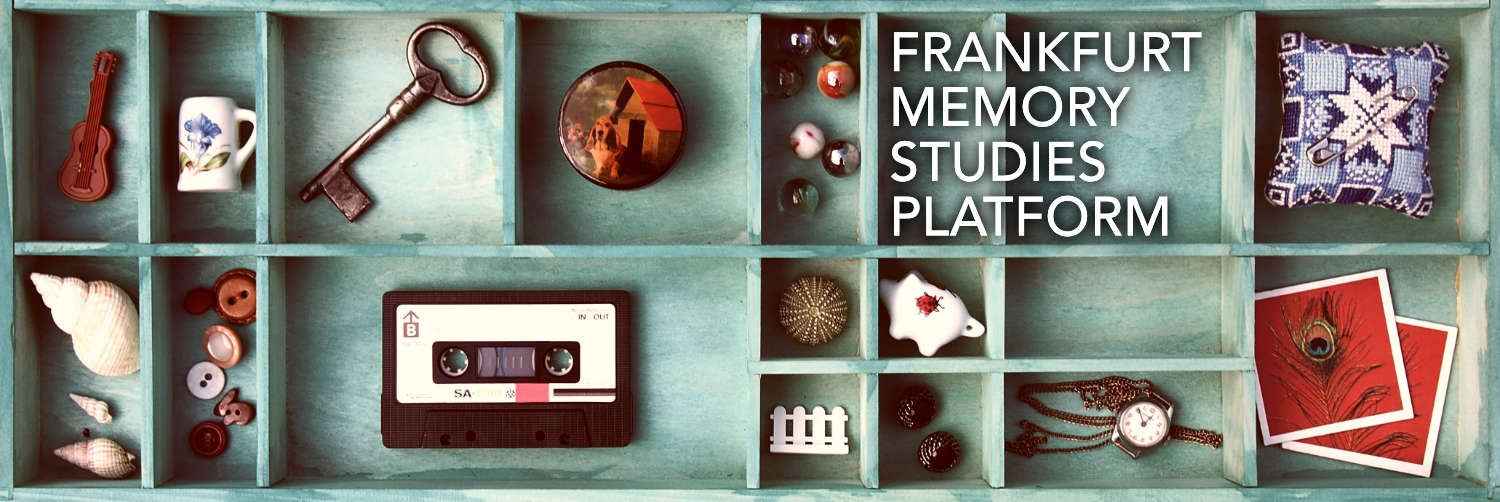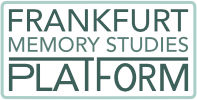Silke Arnold-de Simine is Reader in Memory, Media and Cultural Studies at Birkbeck, University of London. Her research is located at the interface of museum, memory and media studies with a special interest in cultural memory, commemoration and identity politics, difficult heritage and re-mediation/transmediality. Her book Mediating Memory in the Museum. Empathy, Trauma, Nostalgia (2013) was published in Palgrave Macmillan’s Memory Studies Series. She is the co-editor of ‘Memory, Community and the New Museum’ (Special Section), Theory, Culture & Society 29/1 (2012) and ‘Museums and the Educational Turn: History, Memory, Inclusivity’, Journal of Educational Media, Memory, and Society 4/2 (2012), both with Jens Andermann.
Project: Animating the Past: Difficult Heritage, Challenging Memory
My current research project is on the notion of ‘challenging heritage’: I am interested in the ways in which ‘challenging’ or ‘difficult heritage’ is interpreted and managed in different cultural and national contexts. My focus is on the question of how personal and cultural memory relate to each other in modes of engagement framed as affective and experiential encounters with the past, most importantly but not exclusively in (memorial) museums and heritage sites that favour immersive strategies and aim to produce empathy in visitors.
Whereas my last book ‘Mediating Memory in the Museum’ explores how (memorial) museums use personal memories to engage audiences with historical events, this project is concerned with the representation of private memories in a framework which contextualises them as collective memory/heritage. In this context I interrogate preconceived assumptions of what the relationship between affect/emotion, experience and comprehension (and consequently action) is supposed to be; just because we have ‘felt’ and experienced something, does it mean we are any closer to understanding it? Key questions are the role of interactive media forms (from the oral to the performative and digital) in this process, how memory practices and performances are negotiated among groups of stakeholders, and how supposedly very different modes of relating to the past (trauma, nostalgia) complement and inform each other in unexpected ways as audiences engage with historical interpretations. One of my case studies is a comparative analysis of commemorative projects around the First World War Centenary.
Recent Publications:
The Ruin as Memorial – the Memorial as Ruin’, Performance Research Vol. 20, No. 3 (June 2015): 94-102.
‘Between Memory and Silence, between Family and Nation: Remembering the First World War through Digital Media’, in Beyond Memory: Silence and the Aesthetics of Remembrance. Ed. by Jay Winter and Alexandre Dessingué. London: Routledge 2015, pp. 143-162.
Email: s.arnold-desimine@bbk.ac.uk




